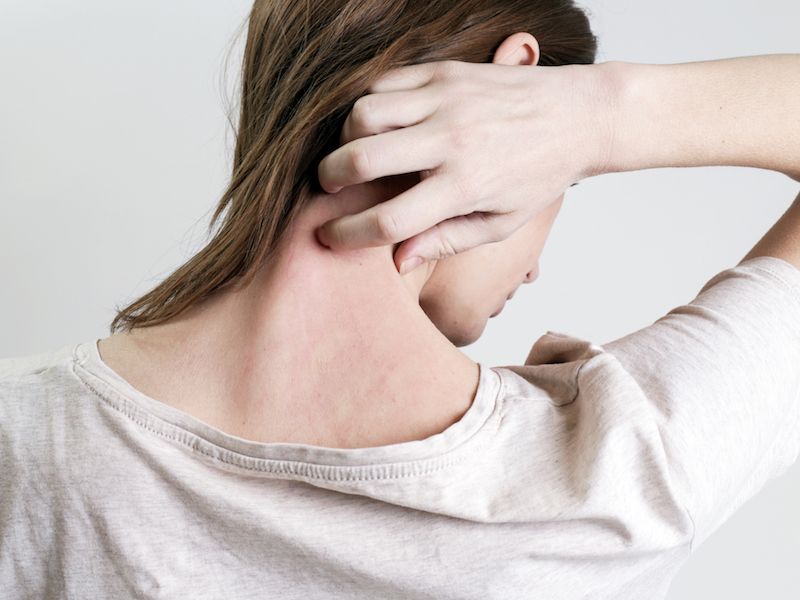
When you think about psoriasis, you probably recall all those commercials showing people with skin issues. Psoriasis is more than skin issues and actually affects your general health. Psoriasis is frequently misunderstood and minimized, due to a lack of knowledge of how psoriasis impacts sufferers as well as the serious conditions that can be related to this disorder. Even though plaques on the skin are its most obvious sign, they’re indicative of what psoriasis can do in the whole body: The chance of metabolic conditions that are increased by chronic inflammation and cardiovascular disease.
Psoriasis is also linked to another problem according to a different recent study: Hearing loss.
Published in The Journal of Rheumatology, The relationship between hearing impairment, mental health, and psoriatic arthritis were evaluated in this study. Psoriatic arthritis has an affect on the joints, and is a kind of psoriasis, causing inflammation, discomfort, and difficulty with movement. The normal plaques might not be experienced by people who suffer from psoriatic arthritis.
Like rheumatoid arthritis (and similar to psoriasis), psoriatic arthritis is an autoimmune illness, the sufferer’s body is essentially targeting its own healthy cells. But psoriatic arthritis differs from rheumatoid arthritis because it’s usually asymmetrical (so you could have it in one knee but not the other), and it doesn’t only target joints but leads to painfully swollen fingers and toes while it targets sufferer’s nails and eyes.
Based on the findings of this recent study, hearing may also be impacted by psoriatic arthritis. A large control group of people with neither psoriasis or psoriatic arthritis were compared to people who had one or the other condition. They found that hearing impairment was more likely to be reported by the group that suffered from psoriasis, and those reports were supported by audiometric screening. Even when controlling for other risk considerations, psoriatic arthritis sufferers were significantly more prone to have loss of hearing than either {the control group or psoriasis sufferers}.
But there is an evident connection between psoriasis, psoriatic arthritis and hearing loss. A 2015 study found that individuals who have been diagnosed with psoriasis are at a substantially higher danger of getting sudden sensorineural hearing loss, or sudden deafness. The capability to hear decreases notably over three days or less with sudden sensoroneural hearing loss. There are several likely causes for this, but experts theorize that people who have psoriasis are in greater danger due to the type of quick inflammation that occurs during a flare-up of psoriasis symptoms. If this takes place in or around the cochlea, it could impede hearing. In many circumstances, treatments that decrease psoriasis symptoms might be used to address this kind of hearing loss, but hearing aids are often recommended when other treatments don’t seem to be helping.
It’s important to keep track of your hearing if you suffer from psoriasis or psoriatic arthritis. Plan your annual healthcare appointment along with regular hearing tests. Disease related to inflammation can lead to damage of the inner ear, which can result in hearing loss and issues with balance. There are also links between psoriasis, psoriatic arthritis, depression and anxiety, which can both exacerbate loss of hearing. Hearing loss is something you want to catch early because untreated loss of hearing can lead to other health concerns like dementia.
Awareness is key, and cooperating with your doctors and regularly getting your hearing examined can assist you in keeping in front of symptoms with timely intervention. You shouldn’t have to compromise your standard of living for psoriasis or for hearing loss, and having the correct team by your side can make a big difference.